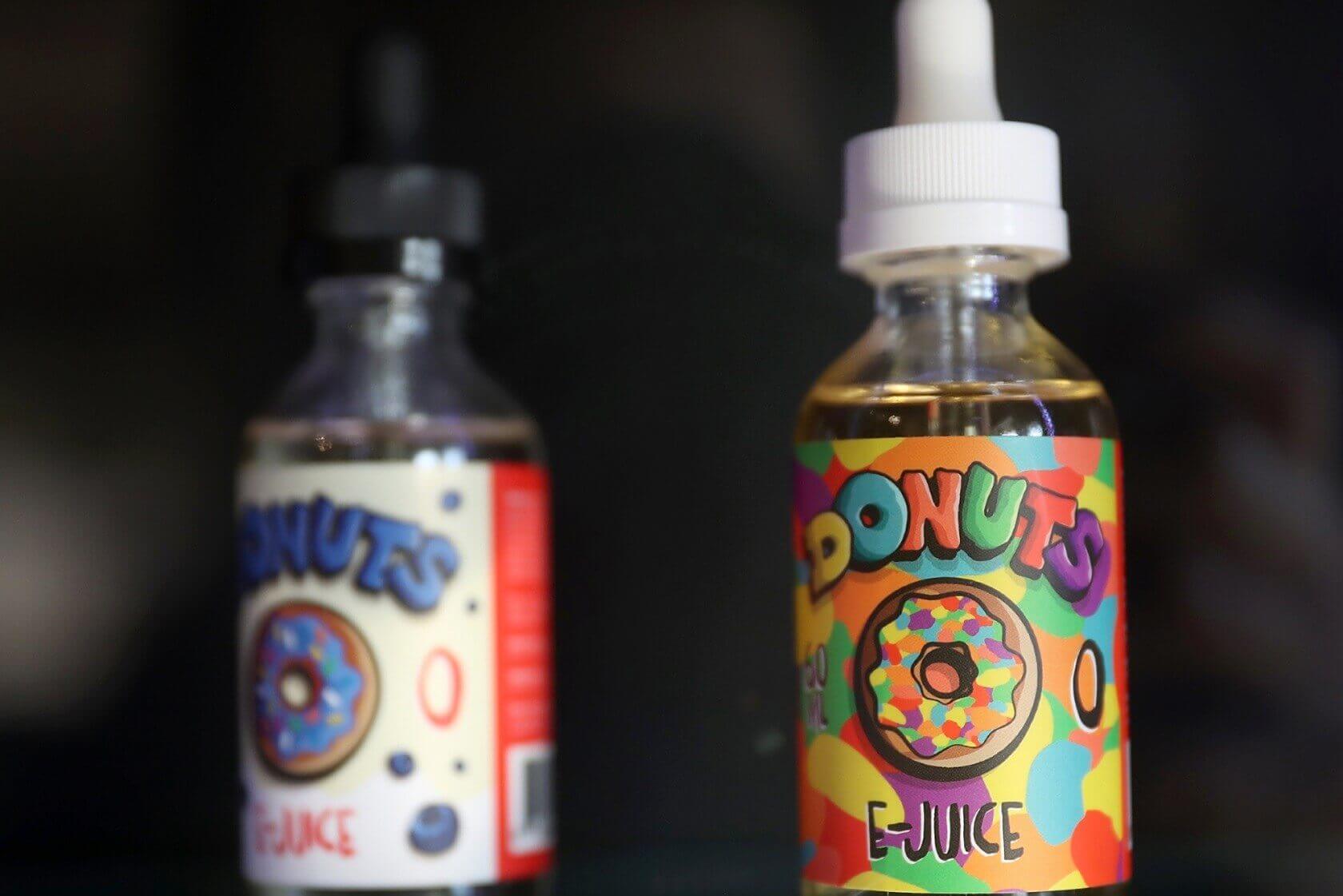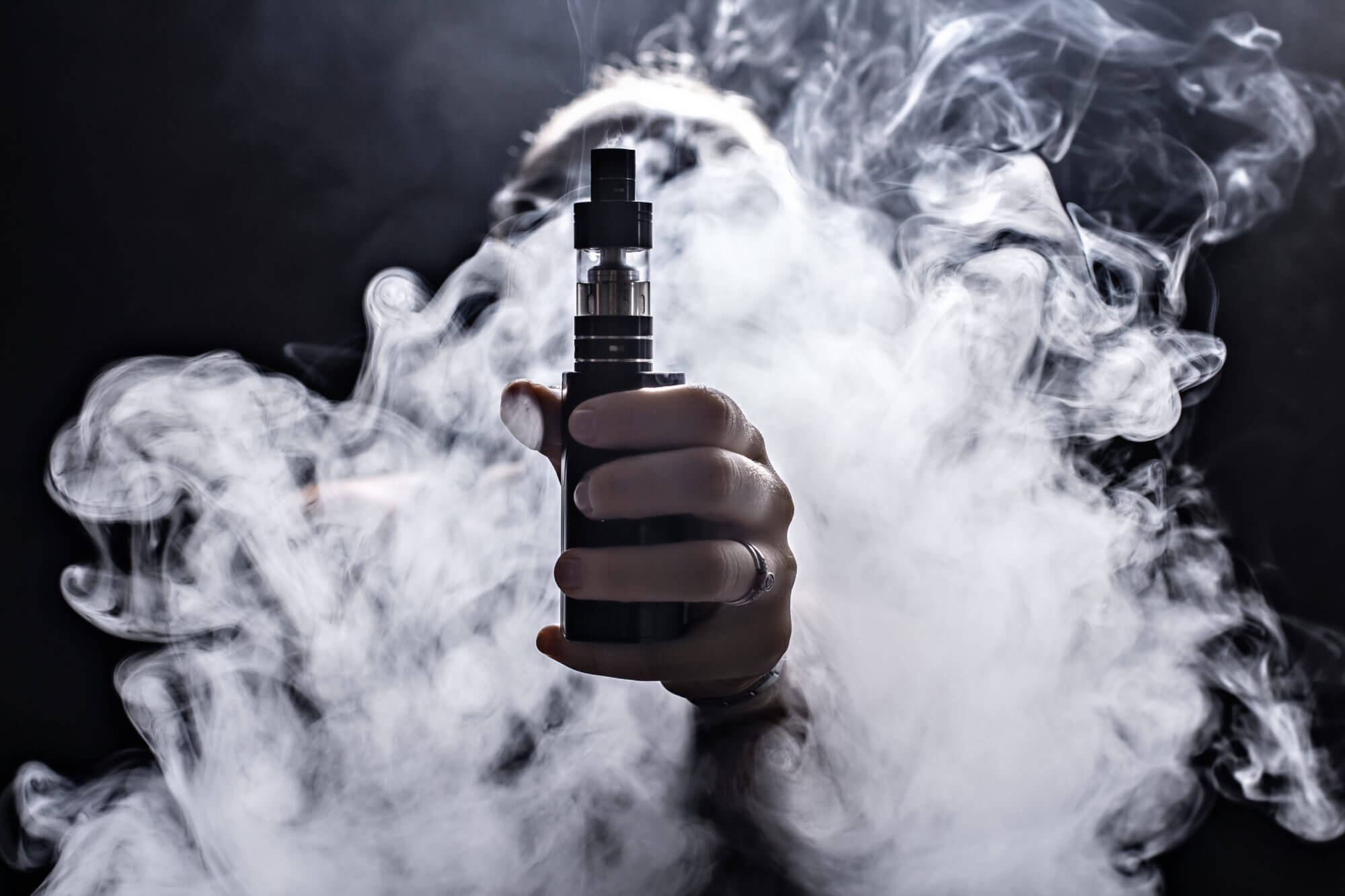What just happened? The Trump administration announced the FDA is issuing a regulatory notice that will require vape companies to stop selling flavored vape products until they get regulatory approval. This comes right after news of a worrying lung disease made the rounds, and just one day after former New York City Mayor Michael Bloomberg called for a ban on flavored e-cigarettes.
The vape industry has been taken by surprise after a series of remarks made by U.S. President Donald Trump during a recent meeting at the White House. According to a Bloomberg report, Trump expressed his concerns about the teenage vaping epidemic and pressed for an FDA ban on all flavored vapes and e-cigarettes from the market.
Trump sounded the alarm just days after news broke that a deadly, vaping-related lung disease claimed the lives of six people, with more than 450 other cases under investigation. Health and Human Services Secretary Alex Azar cited worrying statistics that show 5 million children using vapes or e-cigarettes of some kind, up from 3.6 million in 2018 and 1.5 million in 2017.
Trump told reporters at the Oval Office that "we may very well have to do something very, very strong about it," as it seems to be a problem that affects not only adults, but also children. Secretary Azar says the FDA will soon issue a regulatory notice for the removal of most flavored vaping products from the market.

This no doubt comes as a big blow to the companies that are deeply invested in the vaping industry, who were collectively happier with FDA's original plan of requiring them to apply for regulatory approval by 2021. Then came a decision earlier this year by a judge who moved the deadline to May 2020, with the possibility for vape companies to stay up to one year on the market while waiting for FDA's approval.
The new guidance will instead require them to withdraw their products from sale and wait for an FDA review before being allowed to resume. Companies like Juul – who owns a big share of the US market – have previously tried to prevent underage vaping, going as far as testing geofencing around schools, but that clearly didn't work, with the U.S. Surgeon General officially declaring the youth vaping phenomenon as an "epidemic."
Still, it's not like vaping companies haven't been warned. Earlier this year, the FDA Commissioner Scott Gottlieb explained that if the youth vaping epidemic worsened, it would spell trouble for the product category as a whole.
It's worth noting that experts believe prohibition to be an ineffective solution that could actually aggravate the problem that led to such a decision. Leo Beletsky, a professor of law and health sciences at Northeastern University told Vice that "enacting sweeping bans on e-cigs risks throwing the baby out with the bathwater by pushing users toward traditional cigarettes and illicit markets for e-cigs. All of this plays into the hands of traditional tobacco companies and is likely to create more public-health harm, not less."
